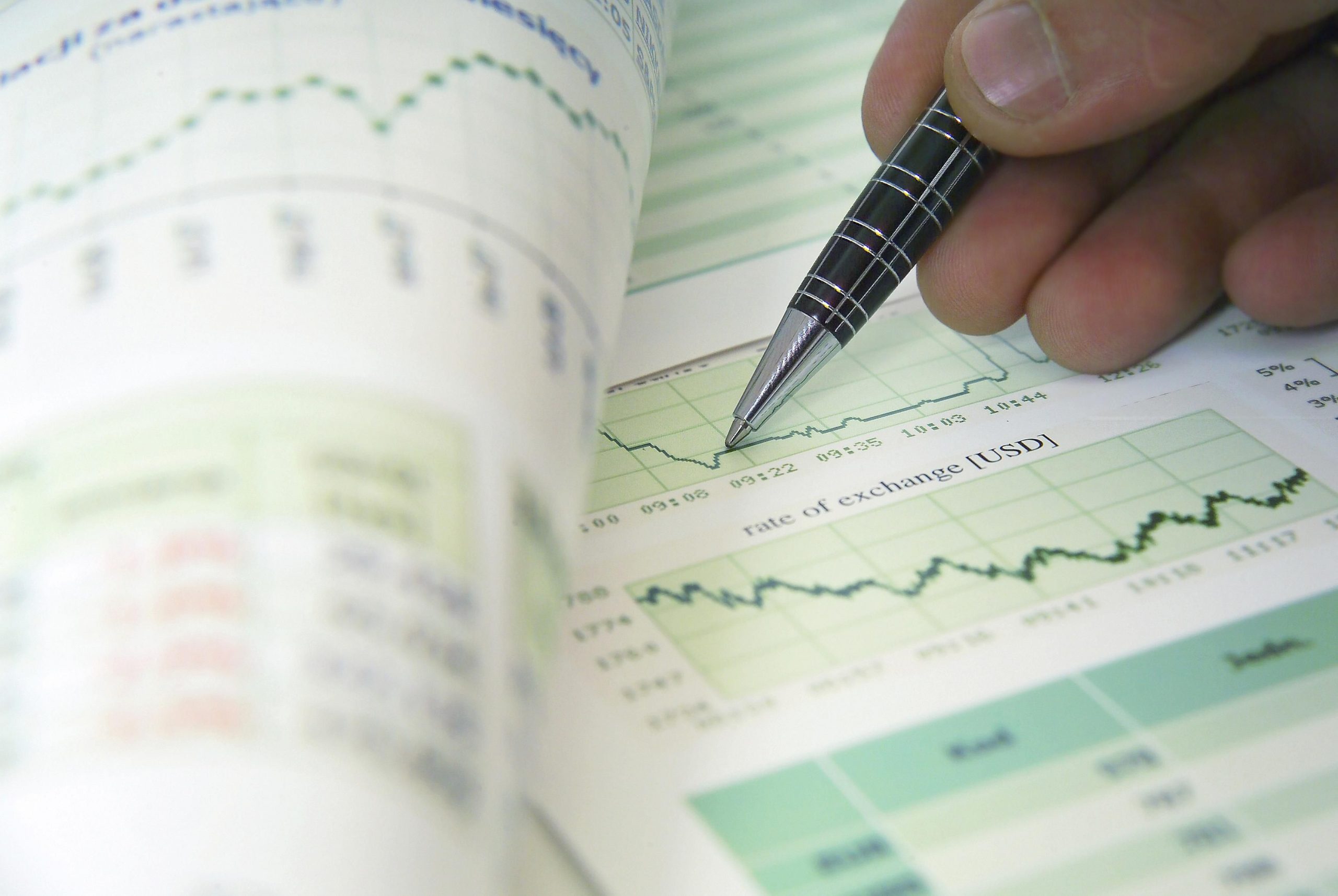NEDA weighs impact of fare hike on inflation

A PESO increase in transport fares could add 0.3 percentage point (ppt) to inflation, National Economic and Development Authority (NEDA) Undersecretary Rosemarie G. Edillon told the hearing.
“For sure there will be an impact on inflation,” she said in mixed English and Filipino, adding that economic managers are studying other potential inflation triggers.
“We are looking at other triggers on inflation coming from — God forbid — interest rate hike, that sort of thing,” Ms. Edillon said.
Party-list Rep. Sharon S. Garin was asking her how big an impact the 0.3-ppt increase in inflation would have on the Philippine economy.
“What are the risks of all these prices going up — pork and other basic needs — will those highly impact our economy, if we increase it by P1?” she asked, referring to transport fares.
She also asked the NEDA official why the government did not seem willing to grant the petition for a fare increase.
“What is the effect of the fare hike on our economy?” Ms. Garin, who heads the Committee on Economic Affairs, asked. “We won’t push it if that would lead to an economic crash.”
“If the fare increase snowballs into wage hikes, that will have a huge impact,” Ms. Edillon said. “We are also looking how big its impact is for the rest of the economy.”
She added that ideally, the government could grant a “reasonable fare increase” as long as it is accompanied by state subsidies.
The central bank last month raised its inflation forecast for the year to 3.7% from 3.4% previously as it cited the impact of higher global oil and nonoil prices.
Spiraling global oil prices could slash Philippine economic growth by as much as 0.9 ppt or about P300 billion, according to estimates by the NEDA.
“The initial estimate is somewhere between 0.3 and 0.9 (percentage point) from various (sectors). But these are initial estimates because these are subject to discussions later,” NEDA Director Reynaldo R. Cancho said during the same hearing.
Economic managers set a 7-9% growth target for this year. The Philippine economy grew by 5.6% in 2021.
Meanwhile, lawmakers discussed various policy options to ease the burden of soaring oil prices on businesses and consumers.
The Department of Energy (DoE) renewed its call for amendments to the oil deregulation law that will give the government the power to intervene and act in times of sustained oil increase.
The DoE wants the measure to include an automatic suspension of excise tax on fuel if the crude oil hits $80 per barrel for three consecutive months, as well as the unbundling of cost of retail petroleum products.
Committee on Ways and Means Chairperson and Albay Rep. Jose Maria Clemente S. Salceda said in his presentation that a six-month suspension of the excise tax on oil would lead to a P55.04 billion loss in government revenue.
He noted that the estimated revenue from the oil excise tax worth P75.2 billion can be used for fuel subsidies instead.
Meanwhile, economists urged the government to carefully consider proposed suspension of excise tax on oil, especially its impact on revenue collection.
UnionBank of the Philippines, Inc. Chief Economist Ruben Carlo O. Asuncion said the move may ease pump prices and help the public transport sector but there are some trade-offs that have to be considered.
“This has direct impact on revenue collections of the government, and this may mean an eventual bigger budget deficit that would require more deficit financing in medium term. Furthermore, it may add to debt pressures that we have already been dealing with due to the COVID pandemic,” he said in a Viber message.
The budget deficit reached P1.7 trillion as of end-2021, up by 21.87% from the previous year, driven by better-than-expected revenues. Tax collections jumped by 9.4% to P2.74 trillion in 2021.
University of Asia and the Pacific Senior Economist Cid L. Terosa expressed support for the DoE’s proposal to automatically suspend excise tax if crude oil reaches $80 per barrel for three consecutive months.
“It will lay the foundation for a more equitable approach to the imposition of the excise tax on gasoline and petroleum products,” Mr. Terosa said in an e-mail response.
“At present, it would appear that the risks will outweigh the benefits since the government cannot sacrifice a reliable source of revenues,” he said.
The conflict between Russia and Ukraine continues to push fuel prices upwards. Fuel prices will increase for the 10th consecutive week on Tuesday: P3.60 per liter for gasoline, P5.85 for diesel, and P4.10 for kerosene.
Since the start of the year gasoline, diesel, and kerosene prices per liter have risen by P13.25, P17.50, and P14.40, respectively.
If excise taxes on oil are suspended, pump prices will be reduced by P6 per liter for diesel, P10 per liter for gasoline, and P4 per liter for kerosene.
The Department of Budget and Management has yet to release the P500-million budget for the fuel discount of farmers and fishermen, as well as the P2.5-billion subsidy for public utility vehicles under the Pantawid Pasada program. — Marielle C. Lucenio with JEGT




